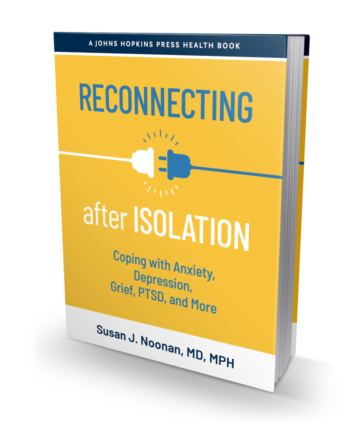Much has been written about the value and power of self-care in our life. Taking good care of oneself seems to be a logical thing to do, but it is often one of the first things to go when you are overcome with emotional problems and mental illness. It often takes a back seat to other pressing problems that seem more important at the time. We stop washing up, wear messy old clothes, withdraw from previous enjoyable activities, ignore friends and family. Why does this happen? Sometimes it’s a matter of pure fatigue and lack of energy preventing you from showering, grooming, or doing nice things for yourself. Sometimes it’s because he or she does not value himself very highly. Thoughts like “I’m scum, not worth it, so why bother” may drive this behavior. Sometimes she feels that self-care activities are luxuries and represent the frills of life that she does not “deserve” given her current grim situation. Or a feeling of guilt sets in for taking the time to do what is (falsely) perceived to be excessive and unnecessary.
These thoughts, and others not listed above, represent faulty thinking and are supported by life’s many excuses. It’s thought to be easier this way sometimes. But self-care behaviors are one of life’s basic necessities and not just superfluous luxury items, or the cherry on top. The fundamentals of washing, shaving, showering, brushing your teeth, getting restorative sleep and daily physical exercise, eating healthy food, doing something pleasurable and engaging socially with friends and family are simple things you can do that go a long way towards making you feel good each day. Taking the time to listen to beautiful music, read an inspirational piece, taste delicious flavors, bring home a fragrant bunch of flowers to brighten up your space all speak to your soul, your inner self. This is not self-indulgent, it is a smart way to care for yourself using all the effective tools and resources available so that you can then function in the world and contribute back to others. You feel better about yourself, stand up straighter, regard yourself in a different light.
Taking good care of yourself translates to a person who has self-respect and a sense of personal value and capitalizes on those things which raise your self-esteem even higher. A person in that position does not regard it as a matter of deserving to be well cared for and receiving nice things; he or she knows that it comes as a matter of basic self-respect. It’s not a matter of deserving of not deserving to be treated well. So he learns to treat himself as he would any valued possession, for that is all anyone has. And in this way you nurture yourself, grow and thrive, participate in and enjoy the moments of life. This is not indulgent or extraordinary, it is not over the top. It is pretty basic. It might feel odd when you’re depressed and don’t think very highly of yourself, so you have to cut yourself some slack and realize it’s the illness coloring your dark world. The best advice is to keep up with self-care basics even when you don’t feel like doing them. You will find that attending to these things will gradually improve the way you feel about yourself.
Stay well!
A version of this article was previously posted on Psychology Today in View from the Mist.

